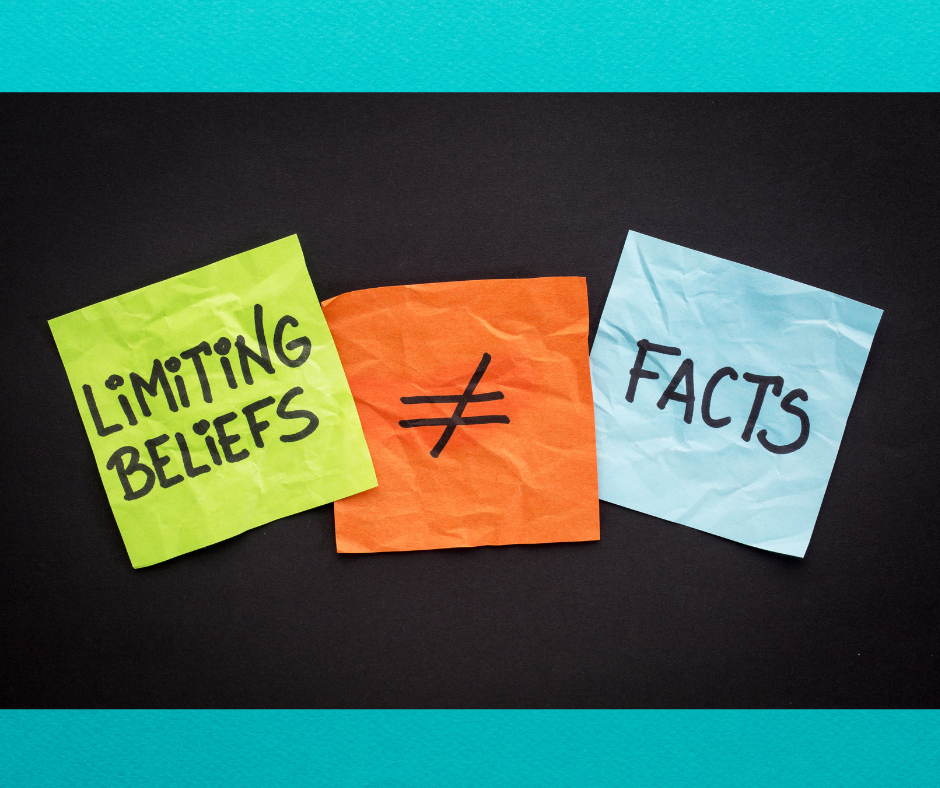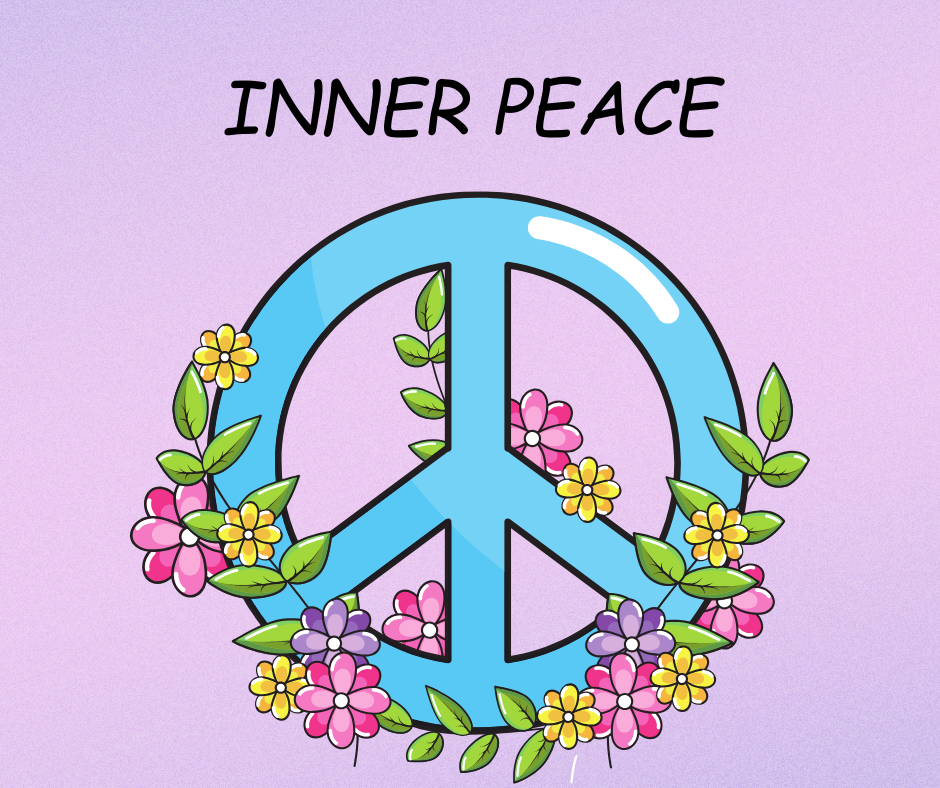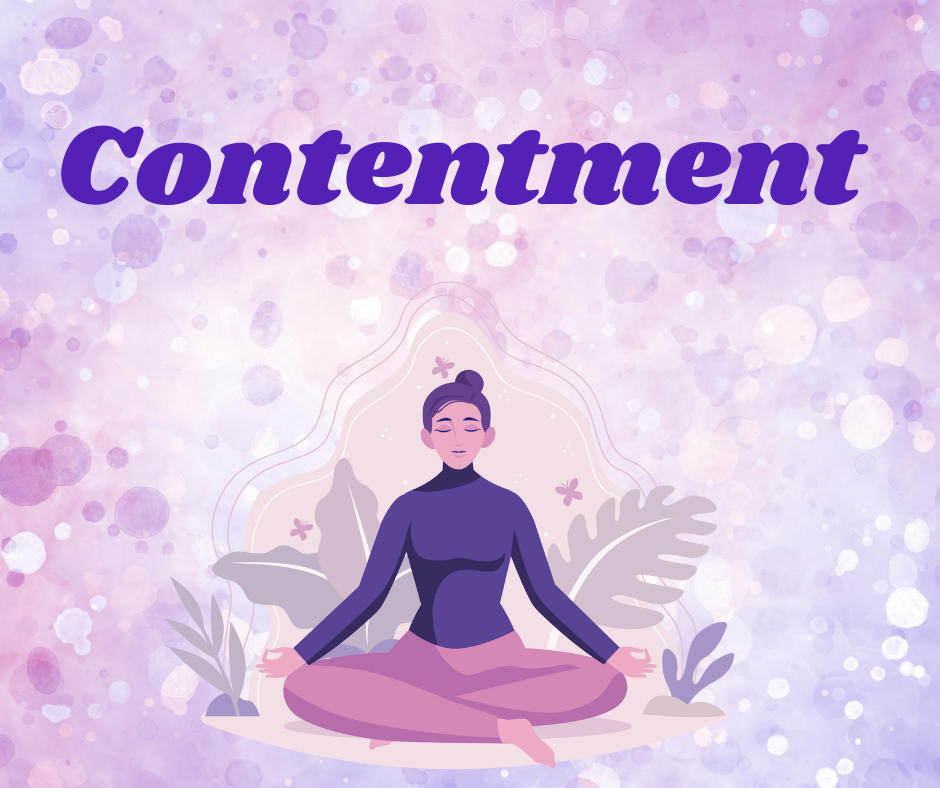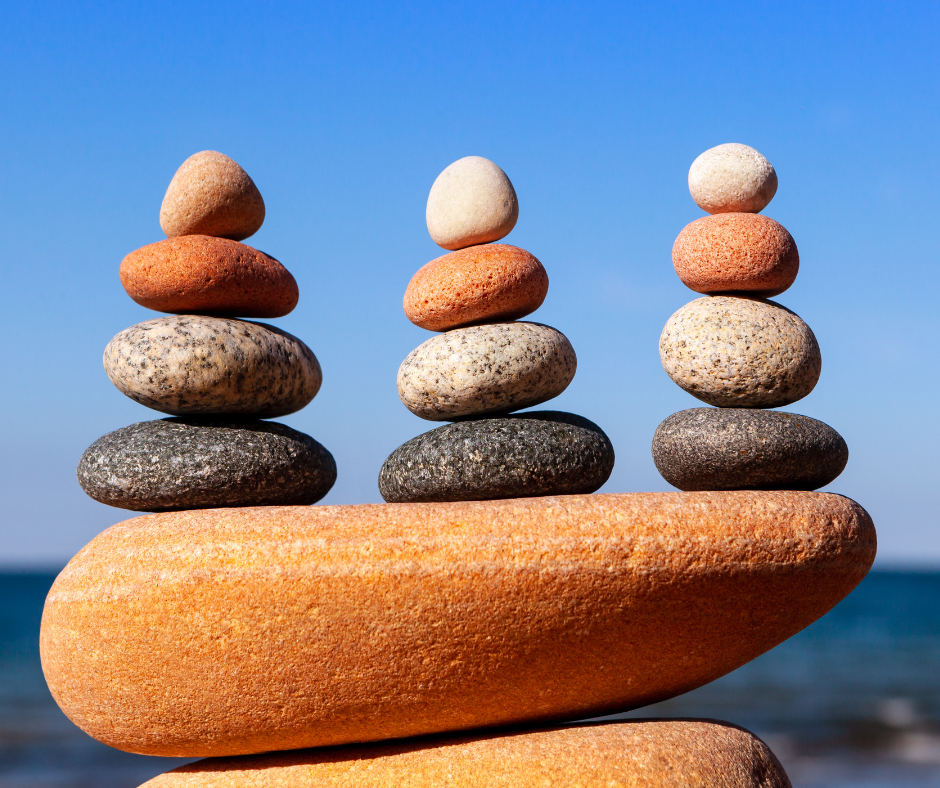The Mark Twain quote invites us to look into our fears, “Courage is resistance to fear, mastery of fear—not absence of fear.”
Fear is our way of keeping safe in dangerous situations. It’s what kept our ancestors alive. Fear can be healthy. It can also be unhealthy when it impacts our life negatively. Fear can be our ego or negative self-talk keeping us safe from the unknown.
Fear can show up as anxiety, depression, staying safe, what-if-ing or catastrophizing until we’re paralyzed and not taking any actions to move out of fear. Fear can influence our self-esteem, work performance, and keep us in our comfort zone.
How to Build Courage and Face Fears
1 Examine the source of the fear – Is this fear of actual real danger? Is this fear not a real danger, of the unknown, or egoic?
2 Fear that is life threatening danger – If this is an actual life or death situation where you are in immediate danger - then get to safety and get help!! Your brain is keeping you safe.
3 Fear that is not life threatening or immediate danger - Can feel real and of impending doom. However, it’s our amazing body’s way of trying to keep us safe. The brain is doing its job. The ego is keeping itself out of danger. However, it can keep us stuck, derail our intentions, and isn’t always what’s best for us.
4 Breathing into the fear – When we’re stuck in fear – take a moment to breathe. Stopping and taking some deep slow belly breaths for 1-2 minutes can help us lower the stress and bring us out of the fight/flight/freeze mode. Here’s a link to learn more about the STOP technique.
5 Acknowledge the fear – Rather than stuffing it or trying to forget it. Acknowledge the fear, name it and the feelings associated with it. It takes courage to acknowledge what we’re fearful of. When we name it, we remove some of its power. Remember fear is our bodies way of helping us.
6 Face the fear – Name the fear - What is it you’re most afraid of? What is the likelihood of this fear actually coming to fruition? How might your overcome it?
7 Practice Self-Compassion - Be kind to yourself. Acknowledge you’re facing your fears and working on your courage. Self-compassion builds inner strength and reduces fear, making it easier to face challenges with courage as we grow our self-compassion. Here are some Tips for Self-Compassion.
8 Practice positive self-talk – Talk to yourself in an uplifting and positive way. Remind yourself of when you’ve conquered fears before. Remind yourself of your strengths and talents. Reframe any negative self-talk.
9 Move outside of Comfort Zone – Plan and do things that will push you out of your comfort zone. Do that thing you’re fearful of. Each small victory builds confidence and courage, which in turn enhances your resiliency.
10 Surround Yourself with Supportive Courageous People Build a network of courageous supportive friends, family, and mentors. Read, follow others on social media that inspire you. Having a strong support system can support you to face challenges, knowing you’re not alone. Here are some tips on how to build more connections.
11 Embrace & Learn from Failure – Get messy and make mistakes as Ms. Frizzle said. Learn to embrace failure. Failure is a data point. Failure is an opportunity to learn and grow. See each failure is a stepping stone to success, and the courage to try again is a critical aspect of resiliency.
12 Stay Present- Practice mindfulness and stay present in the moment. This reduces anxiety about the future and helps you focus on the immediate actions you can take to address challenges. Take a mindfulness walk, practice breathing, or meditation.
My wish for you is to live courageously and boldly. I want you to be a vibrant light in this world. We need more lights! I hope that these 12 ways support your courage and help overcome your fears are useful and you can put them into practice.
If you or someone you know would like support facing your fears, developing courage and resilience, career development, change, or has been knocked down reach out and contact me. I provide a safe place to find courage and live boldly.
Latest Client Wins: “Putting into place better team communication really helped us, Thank you.”, “Wow, I have a different perspective and feel like I can tackle this now.”, “You have really helped me with my job search and keeping motivated.” Thank YOU, clients, for sharing. I’m blessed to do this work!
I’m starting a wait-list for clients. I have space for 2 clients in September. If you or someone you know would like support in your career, facing fears, becoming resilient and bouncing back, please contact me. Let’s have a conversation to see how I can be of support.
Follow me on social media for insightful contemplation prompts, tips, and motivational quotes.
Peace, and blessings,
Teresa – Continuing to face fears and courageously live boldly!
Teresa Q. Bitner, M.Ed., PMP, PCC - Resiliency, Change and Loss Coach
Partnering with those who have been knocked down by life and want to build resiliency and move forward and live a bold life.
[email protected]
www.boldfulfilledlifecoach.com
Author of:· Explorations into the Being and Doing of Coaching: A collection of voices, insights, and wisdom from Austin area coaches
· Soul Love: How A Dog Taught Me to Breathe Again
. The First Days: Coping with Life after Loss (updated 2nd edition
· My Journey as a Widow: A Widow’s First Journal











 RSS Feed
RSS Feed